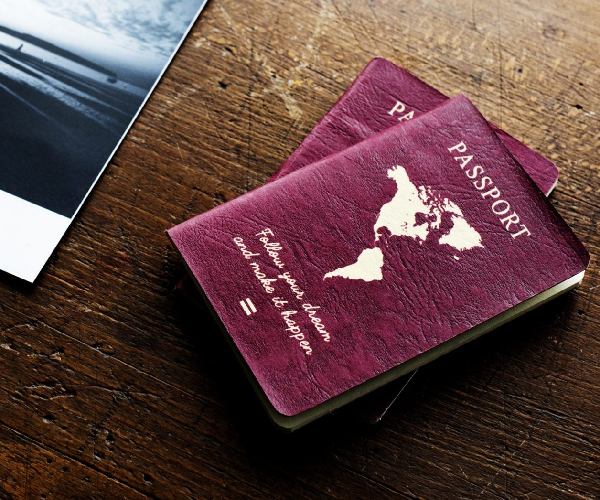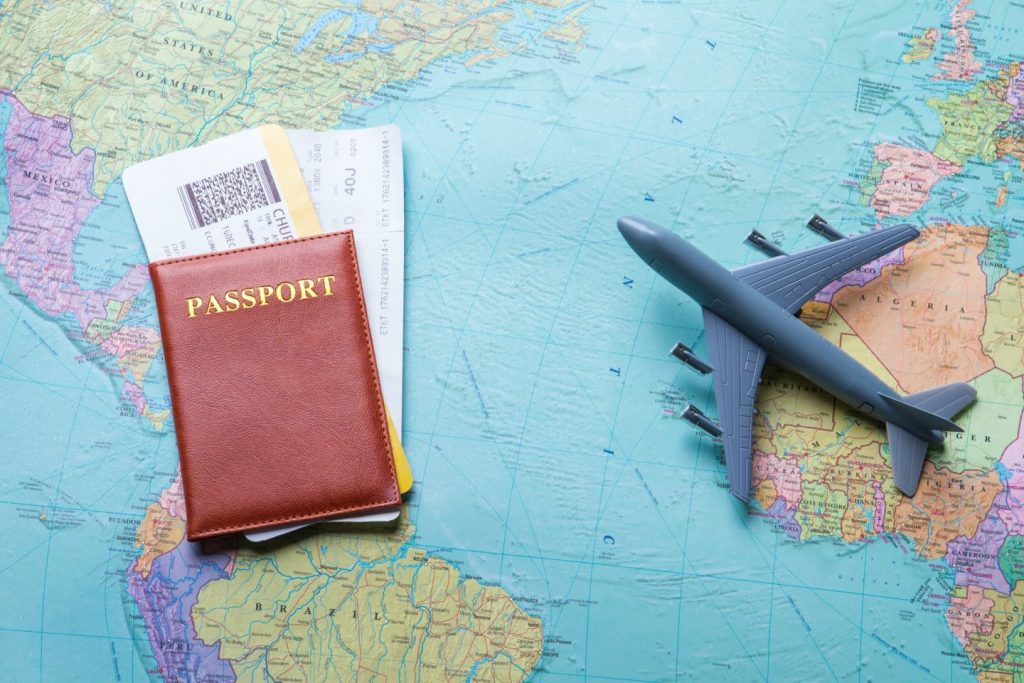Welcome to Kadmuss Overseas
Explore, Learn, Succeed -Your Journey Begins Here
Start your academic journey in abroad with Kadmuss Consultation.
Welcome to Kadmuss Overseas
Start your academic journey in abroad with Kadmuss Consultation.
Welcome to Kadmuss Overseas
Start your academic journey in abroad with Kadmuss Consultation.
Kadmuss Overseas Education Consultancy was founded with the promise of providing the most efficient and effective counselling services.
We Guide understudies through the confirmation, visa and flight forms for their picked college and study goal.
We are the pioneers in instructive overseas consultancy and speak to driving colleges in Australia, Germany, UK, Canada, USA, France, and Malta.
About Kadmuss Overseas
Kadmuss Overseas stands as a guiding force in the realm of global education, dedicated to scripting success stories for aspiring students. With a foundation built on expertise, innovation, and a commitment to excellence. Kadmuss is not just an education consultancy but a community of achievers. Our name, inspired by the legendary Kadmuss, reflects our purpose — to be pioneers in the field, overcoming challenges, and leading students to success globally.
Empowering Dreams, Igniting Futures.
Guiding students towards academic excellence, global exposure, and fulfilling career paths by providing expert guidance, personalized support, and a pathway to success.



Benefits
Benefits
Study abroad for a global perspective, enhancing your understanding of different cultures and perspectives.
Gain a competitive edge in your career with international education, showcasing adaptability and a global mindset.

Journey of self-discovery, fostering independence, resilience, and personal development.
Immerse in a new language, improving communication skills and cultural adaptability.
Build a diverse network of friends and professionals, creating valuable connections for your future.
Testimonials

Valparaiso University
Hii, everyone this is Cherla Salonica and I completed my bachelors from Meghna institute of dental sciences, after that I have planned for my Master degree in UK and I got My UK Visa for Edinburgh Napier University from KADMUSS OVERSEAS Education Consultancy, I'm greatly thankful to Kadmuss Overseas Consultancy for their valuable guidance and support to achieve my goal of getting admission in best universities and to get visa of UK. I experienced the staff here very friendly. I was not aware that I could study abroad with Low cost at all. The consultant have a very good knowledge in helping me to find out the exact program. Apart from these, they have helped me a lot in getting my scholarship .I am so happy that I found Kadmuss Overseas Consultancy. So if anyone have the dream to study abroad then this is the best ever consultancy for student's bright future.

University of Teesside
Hello Everyone I'm Akhilesh Madhupathi, I have completed my B.Tech from Institute Of Aeronautical Engineering after my B.Tech I apply for my Masters in UK and I got my UK VISA for Teesside University. I've had an amazing experience working with Deepa ma'am the process was very smooth and there was not even one day where my question wasn't answered. I got huge support from her and I wouldn't get a VISA without her guidance. Especially very very thanks to Chandrakanth sir, and Deepa Garu for guiding me and being available in every moment throughout my visa process.. it's been a very pleasant journey with you guys. I'm so happy to announce that My Visa has been granted for Teesside University (UK) for September 2023 Intake. I would suggest KADMUSS OVERSEAS for everyone who is looking for Study Abroad Consultants.

BPP University
Hi I'm Ramchandar, I recently went through the process of obtaining a UK visa, and I must say that the experience was nothing short of exceptional. From start to finish, every aspect of the application process was handled with utmost professionalism and efficiency, making the entire journey smooth and stress-free.Overall, I can confidently say that my experience with the UK visa application process was outstanding. The efficiency, transparency, and support provided exceeded my expectations, and I am grateful for the dedication shown by the authorities in ensuring a hassle-free experience for applicants. If you're considering applying for a UK visa, I highly recommend embracing this streamlined process that takes the stress out of international travel preparations. Thank you Kadmuss for all your support.

University of Teesside
Hello Everyone I'm Akhilesh Madhupathi, I have completed my B.Tech from Institute Of Aeronautical Engineering after my B.Tech I apply for my Masters in UK and I got my UK VISA for Teesside University. I've had an amazing experience working with Deepa ma'am the process was very smooth and there was not even one day where my question wasn't answered. I got huge support from her and I wouldn't get a VISA without her guidance. Especially very very thanks to Chandrakanth sir, and Deepa Garu for guiding me and being available in every moment throughout my visa process.. it's been a very pleasant journey with you guys. I'm so happy to announce that My Visa has been granted for Teesside University (UK) for September 2023 Intake. I would suggest KADMUSS OVERSEAS for everyone who is looking for Study Abroad Consultants.

Canadore College
I have opted kadmuss overseas for my travel to canada and its been a wonderful journey through out. As i was working in an other state, I did the complete process through phone calls and they were very supportive, special thanks to Ms. Anusha for bearing me through out the process.

Sacred Heart University
Kadmuss Overseas is one of the best consultancies in the city. I would like to thank my guides, Madhuri mam and Chandrakanth Sir for their way of receiving students. I got admission in my dream university in USA and also got my visa approved with their help. Therefore, I recommend you to definitely approach Kadmuss overseas for an easy journey.

University of Hertfordshire
Kadmuss Consultancy's dedication to excellence truly sets them apart. Their team's personalized approach and attention to detail ensured that my application was strong and tailored to Hertfordshire University's specific requirements. From helping me choose the right program to preparing a standout personal statement, they were with me every step of the way. Thanks to Kadmuss, I'm now on my way to pursuing my master's degree in the UK with confidence and excitement.

BPP University
I had a great experience with Kadmuss Overseas. The staff here helped me a lot regarding universities, courses, and mainly for my visa. They take regular visa mock sessions and interview mock for University admission which is very essential for every student I navigated the visa application process smoothly. I thank to Doopika mam she helped me throughout the process of visa. I wholeheartedly recommend their services to my friends.

Valparaiso University
Great experience with Kadmuss consultancy. Their constant guidance in every step of the way is what made the entire process smoother and hassle free for me. I am happly I was offered services by them and because of which I was able to get my US VISA. Thanks to Kadmuss in helping me achieve my dream to study in the US!
We are ready to help you
Explore seamless travel planning with our complimentary online visa services. Simplify your journey hassle-free, starting now!

Collaborate with Kadmuss to refine your responses, showcasing genuine enthusiasm and potential, ensuring a confident and tailored approach.
Let Kadmuss guide you in clearly outlining your funding sources, reassuring authorities and dispelling doubts regarding your financial capability.
Steer clear of fraudulent documents and ensure all required paperwork is meticulously submitted with expert guidance from Kadmuss, securing a smooth application process.
Communicate a genuine intent to study and return with Kadmuss, aligning your aspirations with the visa requirements for a positive and impactful impression.
Craft a compelling Statement of Purpose (SOP) with the expertise of Kadmuss, resonating with your goals, meeting visa requirements, and leaving a lasting impression on decision-makers.
© Copyright 2024 Kadmuss Overseas. All Rights Reserved.
Book A Free Counselling
WhatsApp us